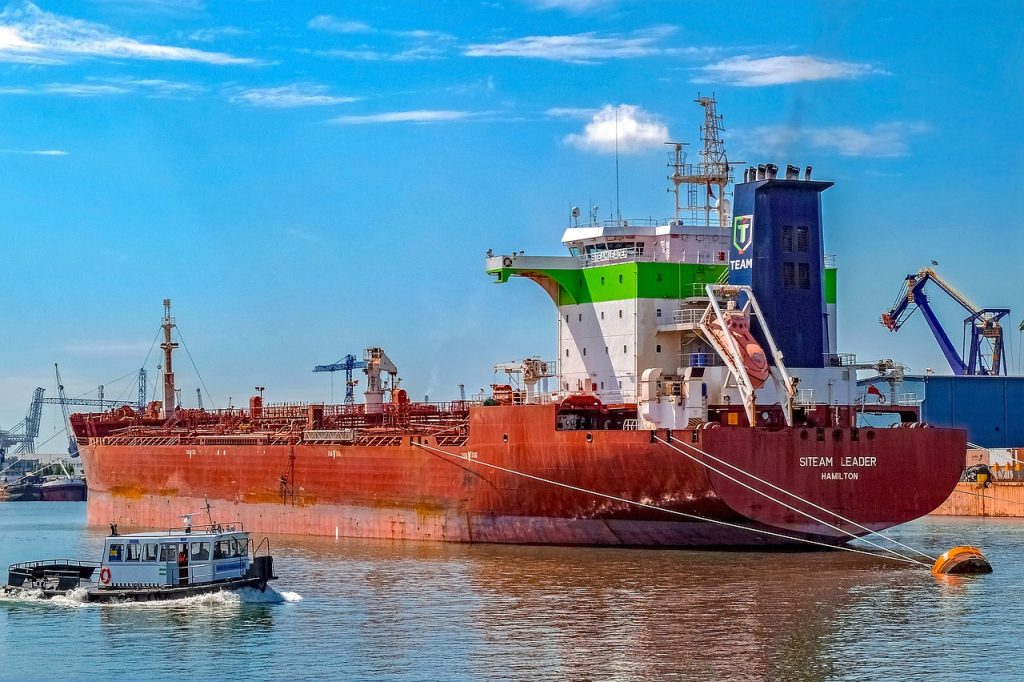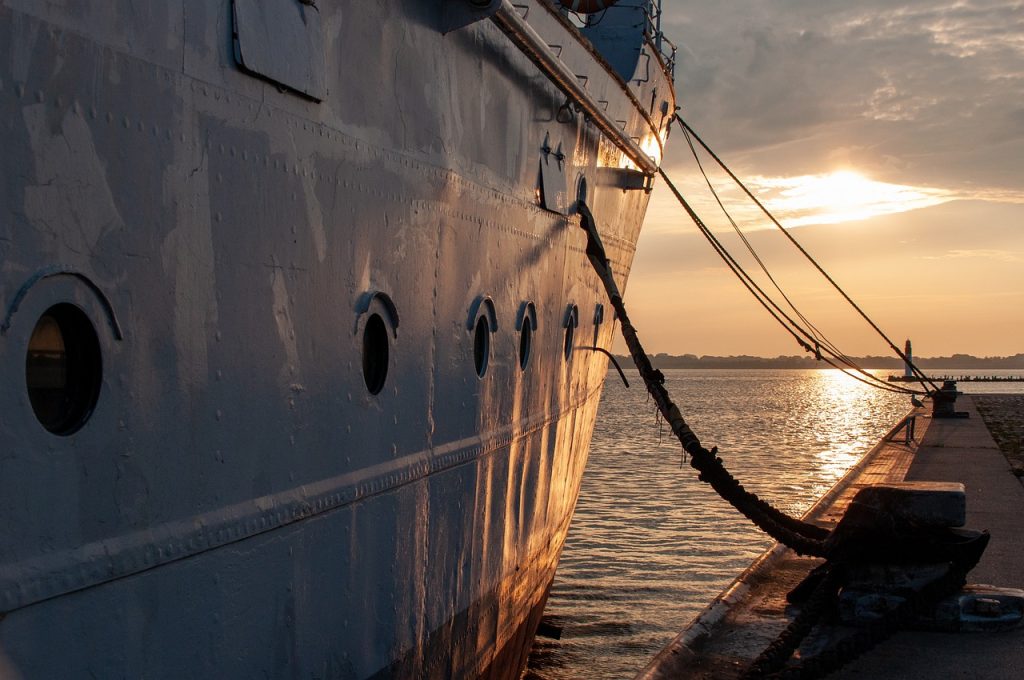Setting Sail with Confidence: The Role of Effective Ships Classification Societies

In the vast and complex world of maritime industry, safety, reliability, and adherence to regulations are paramount. Ships Classification Societies play a crucial role in ensuring that vessels meet these standards. They are the guardians of the sea, assessing ships’ seaworthiness and safety. In this blog, we will explore the significance of effective ships classification societies and how they contribute to safer and more efficient maritime operations.
Ensuring Safety at Sea
Safety is of paramount importance in the maritime industry. Effective ships classification societies are tasked with thoroughly assessing a vessel’s construction, equipment, and operation to ensure it complies with international and industry-specific safety standards. Their stringent inspections and audits help reduce the risk of accidents, collisions, and environmental disasters.
Compliance with Regulations
Maritime regulations are complex and constantly evolving to address new challenges and emerging technologies. Classification societies play a vital role in helping ship owners and operators navigate this regulatory landscape. They offer guidance on compliance with international maritime regulations, such as those set by the International Maritime Organization (IMO), ensuring that ships adhere to safety, environmental, and operational standards.
Risk Management
Effective classification societies also contribute to risk management. They assess vessels and their maintenance practices, identifying potential issues and areas of improvement. By addressing these concerns, they help prevent costly breakdowns, accidents, and costly delays, ultimately saving both time and money for ship owners.
Quality Assurance
Ships classification societies promote and ensure the highest levels of quality throughout the ship’s life cycle, from design and construction to operation and maintenance. Their inspections, surveys, and audits are designed to verify that vessels are built to withstand the harsh conditions of the open sea, ensuring longevity and reliability.
Environmental Responsibility
In today’s world, environmental responsibility is a top priority. Effective classification societies take this into account by working with ships to meet emissions and pollution control standards. They encourage the implementation of green technologies and practices that reduce the environmental impact of maritime operations.

Supporting Innovation
Classification societies also encourage innovation in the maritime industry. They work closely with shipbuilders and technology providers to develop and implement new technologies, materials, and design concepts that improve ship safety and efficiency. By fostering innovation, they help drive progress in the industry.
Global Reach
Ships classification societies operate on a global scale, ensuring that ships can safely navigate international waters. Their expertise is sought after by shipowners and operators worldwide, and they maintain a network of offices and representatives in key maritime hubs.
Conclusion
Effective ships classification societies are the unsung heroes of the maritime industry. Their work ensures that ships are not only seaworthy but also safe, efficient, and environmentally responsible. They play a pivotal role in maintaining the integrity and reliability of vessels that traverse the world’s oceans, contributing to the safety of crews, cargo, and the environment. As the maritime industry continues to evolve, the importance of these classification societies will only grow, ensuring that ships sail with confidence and meet the highest standards of quality, safety, and environmental responsibility.
